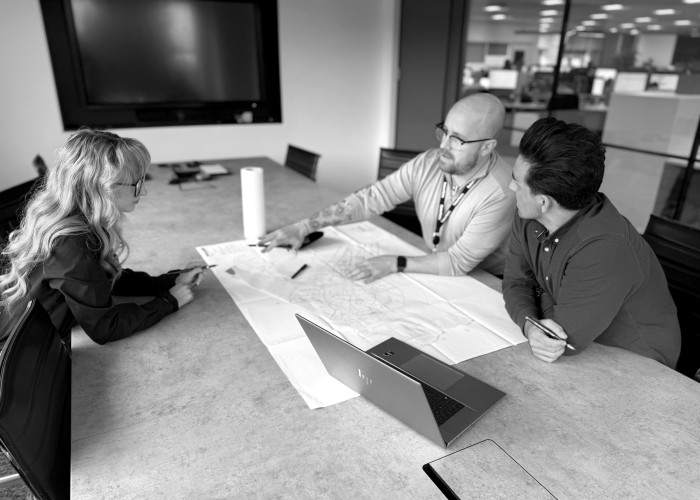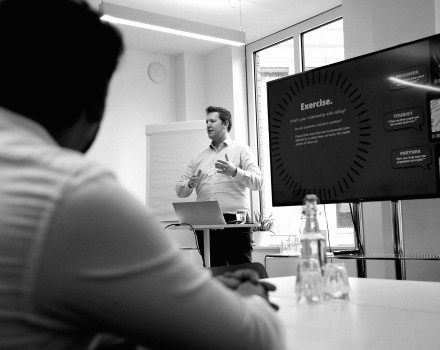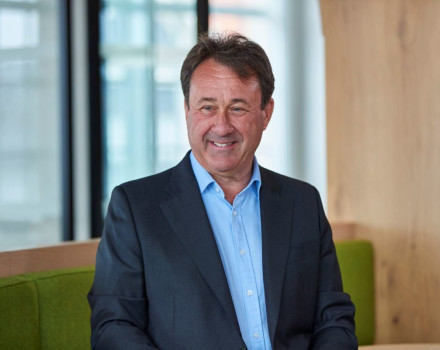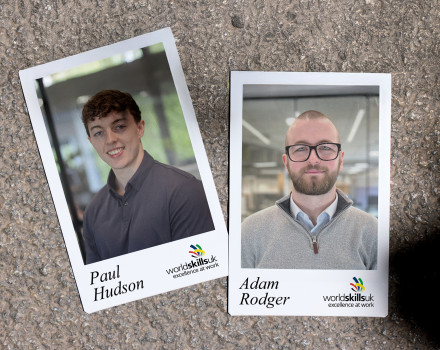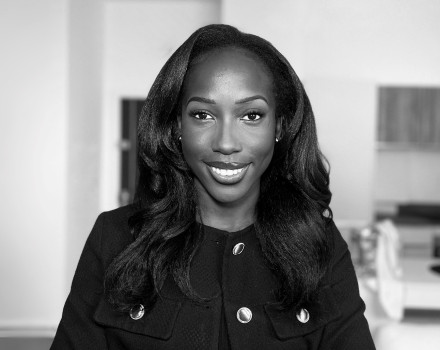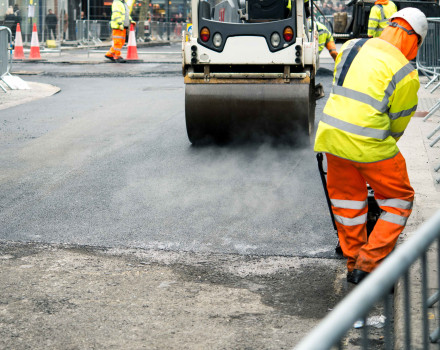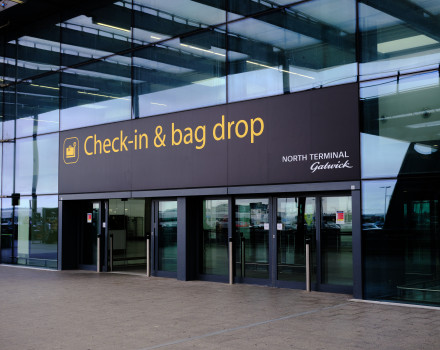Firstly, could you give us a bit of background to your mental health story?
It comes in two parts, first was how I grew up, with an older sister who is autistic and has severe learning difficulties. My parents cared for her and as a family we had to manage her condition. My dad also began his career as a mental health nurse and worked within the NHS his entire life, so I grew up with a very acute awareness of how mental health can affect everyone.
The second part is my own more recent struggles. I lost my dad to a brain tumour a month before the birth of my first child. He’d been obviously a big part of my life, and I struggled with the fact he was gone and that he’d missed seeing his first grandchild. ‘You’ve lost your dad, you’re now a dad’ played over and over in my mind. My mum and sisters were also hit hard, and I felt a huge sense of responsibility for them, whilst managing the added responsibility of being a new parent.
The next 12-18 months were a whirlwind of emotions and by the time it all settled down my mental state was in complete disarray. I began to experience a sense of being extremely overwhelmed and anxious, particularly in stressful situations I developed insomnia, fearing trying to go to sleep, as my brain would take me to very dark places, often resulting in panic attacks. It was a dark time in my life, but one I’m now on the journey to being able to manage and move forward.
How did you find your issues with mental health impacted your life at work?
I dealt with all the issues I was experiencing by throwing myself into work, using my passion for architecture as a distraction from my own problems. In the short-term this masked the demons, and that ultra-focus meant my career benefitted. I got the chance to work with a design / concept led practice in the city that I really admired. However, it was at this point that my mental health issues began to creep into my performance at work.
Outwardly I would maintain a facade of confidence, but inwardly I was struggling. I doubted myself and couldn’t make decisions, which is a key element of being a good architect. And the longer this went on for, the more insular I became. I just wasn’t in the right place mentally for a role like that and it began to make me question my ability as an architect.
What steps have you taken to manage the issues you experienced?
For me, the pandemic was a blessing in disguise. I was furloughed and those six weeks of lockdown gave me the perspective I needed. It made me see the sacrifices I’d been making to use my career as a distraction, and that I needed to make choices to rebalance everything in my life. I made the decision to apply for a role at BakerHicks, being a new company with a fresh start, plus closer to home with just a 15–20-minute commute, this provided the shift I needed. I can still throw myself fully into being an architect, but I’m able to manage my work-life balance better and switch off at the end of the day.
But undoubtedly, the biggest thing was opening up to my wife about what I was going through. This was the beginning of me dealing with things. It’s hard to do, especially when you feel you need to be the strong ‘male’ figure in the family. But there’s been a real shift in attitudes and greater awareness around men’s mental health over recent years, which helped me to take that first step.
How have BakerHicks supported you through this?
Personally, I feel like the company’s approach to wellbeing, diversity and inclusion issues is fantastic. It feels like the mental health of their employees is a high priority, and there’s a recognition that whilst I’m here to deliver drawings to construct buildings, there’s also another part of me. I’ve felt looked after as a person, and that allows me to function as an architect.
The Mental Health First Aider (MHFA) scheme has also been very influential for me, knowing I can at any point go speak to someone who will listen and point me in the right direction is so reassuring. Seeing this, I decided to sign up to train as a MHFA myself and this has given me an even deeper understanding of mental health and an appreciation of what a fantastic scheme this is.
Can you tell us more about the Mental Health First Aider scheme?
The scheme is essentially about knowing there is always someone understanding you can talk to. You feel they’ve got your back and you’re not on your own. There’s a number of us who are trained mental health first aiders throughout the business, with at least one in each of the offices.
We’re all there to listen, not to diagnose, but to hear what you’re going through and point you in the direction of the appropriate professional help. We’re first responders and at the end of the day, even if I only help one person, I’ll consider it worth it.
What advice would you give to anyone experiencing any mental health issues?
For me, that first step of being vulnerable and starting to talk about it is the best thing you can do for yourself. Doesn’t matter who it is, close friend, mental health first aider, your GP or priest, anyone. Even if it’s just communicating that you don’t feel right, as long as you talk to someone then it’ll lighten the load.
From there you can start the journey of identifying and looking for the first steps to manage what you’re experiencing. And if you feel you’re not heard by the first person, go speak to someone else, there will be someone who will just listen and not judge. Until you’ve done that then you can’t make that next step.
In your opinion, what’s the biggest step we can take to help support mental health in the workplace?
I think the most important thing is to create a culture that doesn’t view mental health in a negative way. Mental health is something that impacts us all in one way or another, and it’s really important to educate people to keep an eye on everyone else and to take away all the stigma that has historically been associated with it.
Not everyone will have the courage to ask for help, but if we can empower people to not only recognise if someone seems to be struggling or has changed in anyway, but to also ask the simple question of 'is everything ok?', then I think it could make a big difference.
